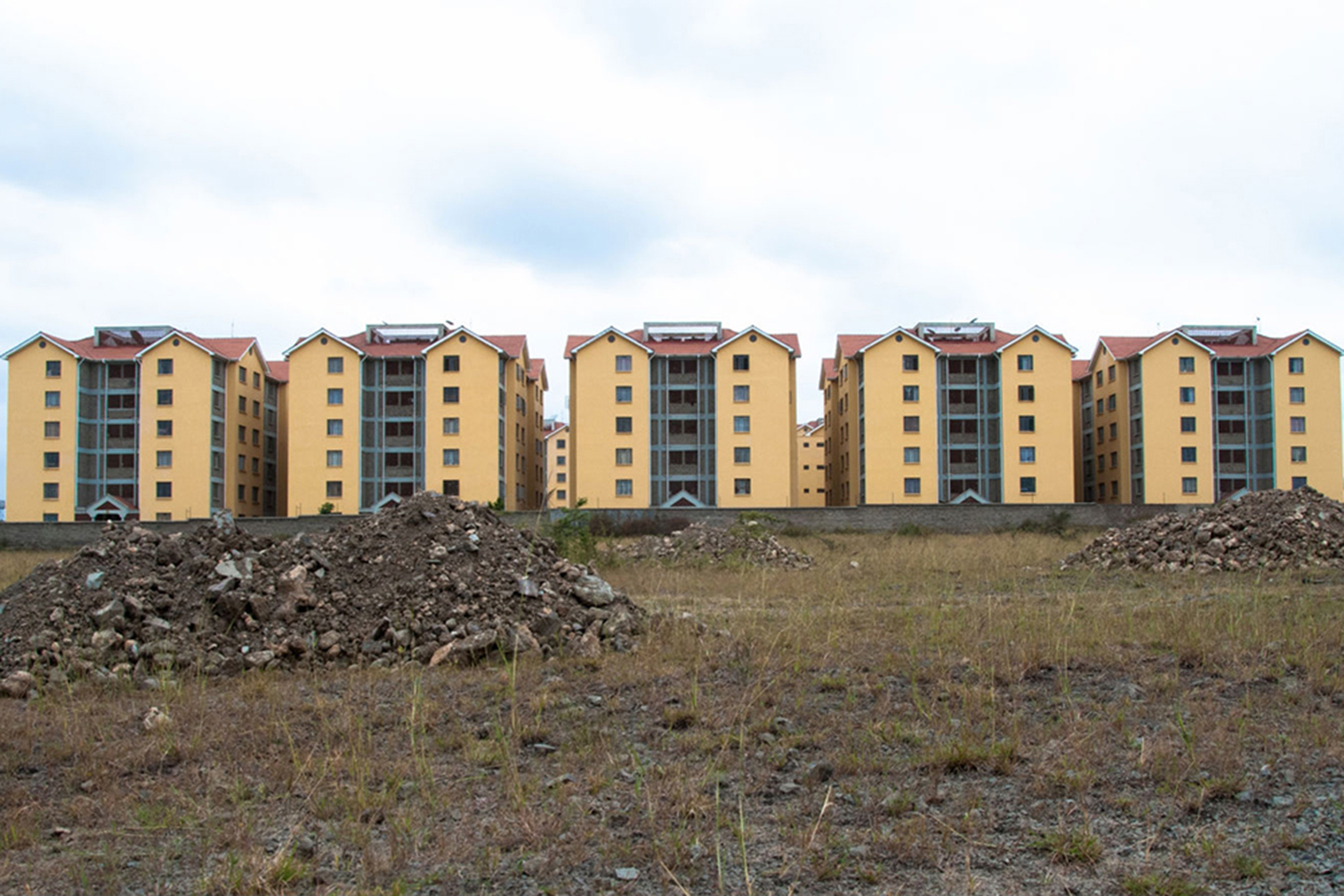China’s New Development Strategies in Africa
The intensification of development in African cities has made urbanism the new field of cooperation between Africa and China. In the context of improving Sino-African commercial relations, China is currently engaged in the construction of infrastructure in Africa in exchange for oil and mining resources to fuel its increasing energy consumption. In an attempt to diversify its investments beyond heavy infrastructure, China is multiplying ambitious projects of residential compounds and new cities.
In the wake of heavy criticism of its working methods, profit-losing projects (for example, the ghost city of Nova Cidade of Kalimba (in French) in Angola ), and what has been called its “neocolonialist approach”, China has recently changed its development strategy, adopting a more “micro” approach centered on the well-being of African populations. This includes funding and developing social housing, schools and hospitals.
To name just a handful of projects, in 2015 the Chinese real estate company Henan Guoji Construction Group announced the construction of 10,000 social housing units in Ivory Coast; China Machinery Engineering Cooperation plans to build 24,000 houses (in French) in Mali ; and in March, the company Beijing Construction Engineering Group began providing teaching equipment to higher education institutions in accordance with its plan to create a new university center in Kabala, Mali.
Recently, China’s real estate ambition has gone further with innovative projects like smart cities and financial hubs oriented towards enticing Chinese companies to further invest in Africa. Chinese investors also plan on creating a Chinese-controlled economic area next to Nairobi in Kenya, while the Chinese real estate company Shanghai Zendai and PCCW Global, Hong Kong’s largest telecommunications service provider, have signed a strategic collaboration agreement to develop Modderfontein Smart City near Johannesburg in South Africa. This last project specifically aims to construct houses and educational centers, creating millions of jobs for the local population.
Even as Chinese urban projects seem to increasingly align with the social realities of African cities, changes and adaptations are still necessary. Particularly, the integration of African workers into these projects and respect for their rights remain critical issues. For now, China seems to be betting on improving social responsibility (in French) amongst its companies in Africa through skill-sharing and training African workers.
-
2014/11/06

-
Modderfontein, South Africa

-
Oriane Pillet


the other map
Explore arrow
arrow
loading map - please wait...




